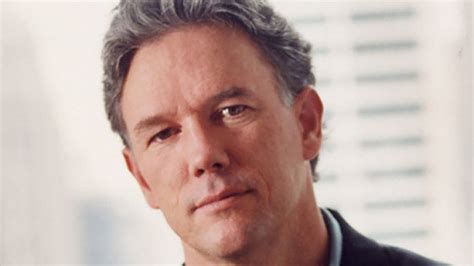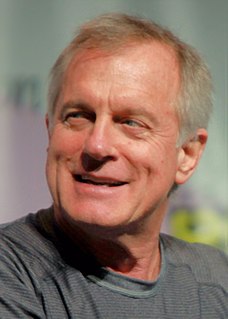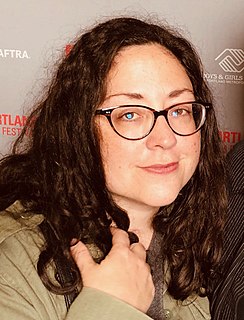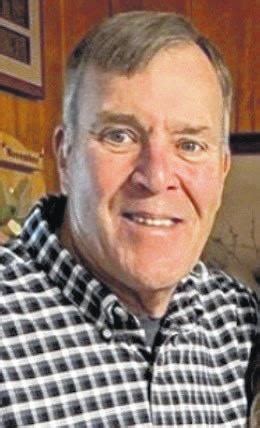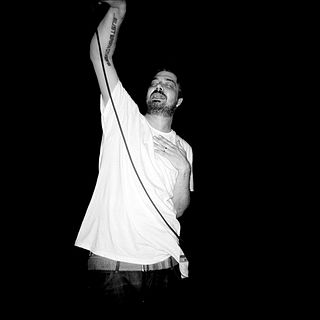A Quote by William Finnegan
I always wanted to write. While I was on a long surf trip, supporting myself with various day jobs, I was working hard on a novel. My third novel, in fact.
Related Quotes
I always was interested in prose. As a teenager, I published short stories. And I always wanted to write the long short story, I wanted to write a novel. Now that I have attained, shall I say, a respectable age, and have had experiences, I feel much more interested in prose, in the novel. I feel that in a novel, for example, you can get in toothbrushes and all the paraphernalia that one finds in dally life, and I find this more difficult in poetry.
Objectifying your own novel while writing it never really helps. Instead, I guess while you're writing you need to think: This is the novel I want to write. And when you're done you need to think: This is what the novel I wanted to write feels like and reads like and looks like. Other people might call it sweeping or small, but it's the book you chose.
I think a good story can do as much as a novel; not the exact same thing, of course, but just as much artistically. They're different beasts, but to tackle an expansive country like the United States, you're either going to write a big novel, or go in to various points on the map and write stories or poems.
Now we the American working population
Hate the fact that eight hours a day
Is wasted on chasing the dream of someone that isn't us
And we may not hate our jobs
But we hate jobs in general
That don't have to do with fighting our own causes.
We the American working population
Hate the nine-to-five, day-in day-out
When we'd rather be supporting ourselves
By being paid to perfect the pastimes
That we have harbored based solely on the fact
That it makes us smile if it sounds dope.
